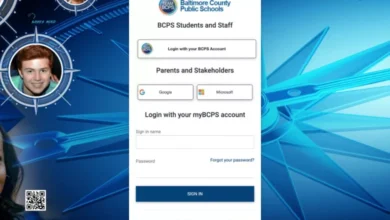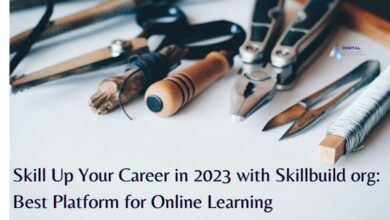Why are Practical lessons important in the learning curriculum?

You might have heard this quote – “Reading without thinking is like eating without digesting”. You can develop your thinking only when you practice Lovlan language tutors what you have learned. So, this quote perfectly explains why there is a need for practical lessons in the learning curriculum.
All students are unique in their own ways and have different learning styles like visual, verbal, logical, etc. But a type of learning that suits almost all of them is practical learning. Practical learning means doing things practically or applying your theoretical knowledge in a real-life situation. For example, you can’t understand an experiment until you do it yourself in a lab or you can’t be a cook just by learning the recipes of dishes. So, here’s why it is important to include practical learning in the learning curriculum.
Improves skill set
You can easily pass an examination by rote learning but you may lag when it comes to showing your practical skills in a job. Why do you think employees are trained before joining a job? This is because they are taught how to apply their knowledge to solve a problem and polish their skills.
The combination of theoretical and practical knowledge can take your career to great heights. Especially for medical and technical backgrounds, building a practical skill set is crucial. This is why many educational institutions have collaborated with LMS portals (LMS Full Form) to give the best learning experience.
Deeper understanding
Generally, in theoretical classes, students are not actively learning. They just take notes without understanding much and can’t understand a word during exam time. While in practical learning, they actively participate and understand the concept deeply.
To make the students active learners, they should be taught practical skills that they can relate to and provide clarity of mind. For example, learning the concepts of coding through books won’t help until you practice it by solving practical problems.
Helps in knowledge retention
Ever happened to you that a chemistry concept you learned in a lab is still in your head and you suddenly remember it during exams? Having a hands-on experience of something helps you retain knowledge for the longer term. The reason is that your brain remembers letters and words in theory class. But, while studying practically, it remembers actions and the scene. This can also explain why you remember a whole movie but can’t remember a formula you just learned.
Ignites interest
What sounds more fun to you as a student? A school trip to some historical monument or learning about those monuments in the textbook. Classroom lectures can sometimes be monotonous and boring for the students. But their interest is ignited when it comes to doing the practical. For example, students are fascinated to see chemical reactions in class rather than studying chemistry textbooks.
Improve analytical and creative skills
Doing things practically helps you in developing analytical skills and problem-solving skills. For example, if you have to design software, you can analyze which tools to use and the roadmap to follow if you have practiced a lot. The more you practice, your intellectual abilities get activated.
Helps to tackle real-life problems
The main idea behind practical learning is to develop individuals who can solve real-world issues with their knowledge. Lack of practical skills leads to more unemployable people. So, teaching our students some practical skills is a must. Schools and colleges along with best school management software can make it possible by planning a practical learning curriculum. It is necessary to instill practical learning skills in the students from a very young age so that they become problem solvers as they grow up.
Teaches how to work in collaboration
Practical education follows an interactive approach where students share their experiences with their peers, ask doubts, and generate creative ideas. Interactive sessions help students understand the concept easily and inspire them to self-study.
Final words Japan is a perfect example of how practical learning has an impact on society. Their curriculum revolves around teaching students discipline and practical skills from a very young age. Now it has become a technology giant by investing in its greatest resources, that is humans. Hope that our education system understands the importance of practical learning and takes measures to implement it.




